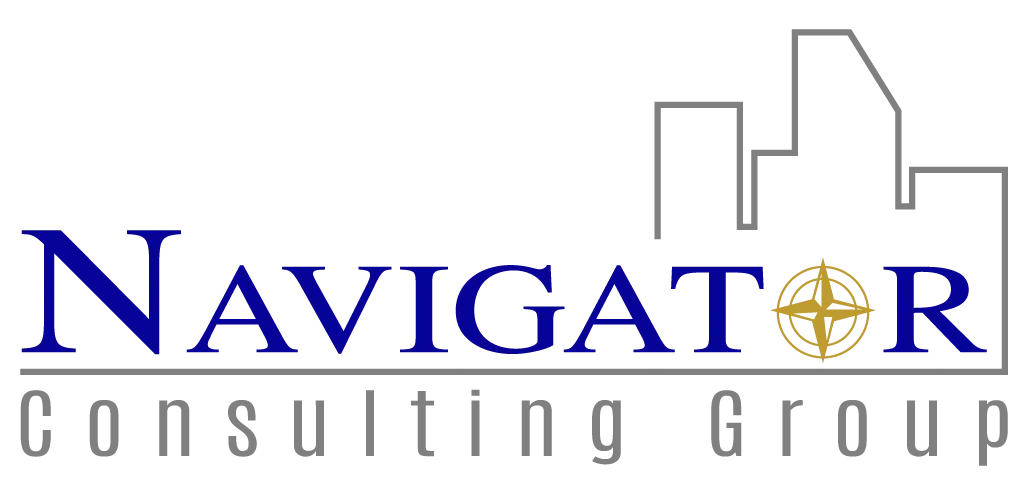What questions to ask before signing an office space lease in your next office building.
Entering an office lease is a long-term commitment…as are the mistakes you can make. To avoid unpleasant surprises, you must ask the ‘right’ questions before signing an office space lease.
- What is and is not included in the base rent? Is it a ‘gross’ or ‘net’ rent? Does the rent include cleaning; utility services; property taxes; building insurance; common area maintenance, etc.? If not, what will be the respective monthly or annual charges?
- What will be the rent escalations and how much will each cost? In addition to the rent’s ‘COLA’ increase, landlords seek ‘pass throughs’ for increases in operating expenses, especially property taxes, utilities, building insurance and common area maintenance. How much will each of these escalations add to your monthly and annual costs of occupancy?
- What are the charges for ‘after-hours’ lighting, heating, ventilation, and air-conditioning? Landlords provide a fixed number of hours per week for electricity and HVAC. How much will you be charged for each hour beyond the building’s ‘normal’ hours?
- What is the building’s loss factor? A loss factor is the tenant’s proportionate share of the building’s common areas, i.e., corridors, lobbies, bathrooms, etc. The bigger the loss factor, the less ‘usable’ square footage. (Think of the loss factor as the fat and bone of a steak.) Presently, Long Island’s class-A & B office building loss factors range from 16% to 23%.
- Will the landlord’s work letter be sufficient? When negotiating the lease, aim to have your suite delivered in a ‘turnkey condition’ to receive all the partitioning, doors, electrical and mechanical systems needed. Be prepared to negotiate ‘upfront’ for upgrades above ‘standard’ wall, floor, lighting, ceiling, and millwork finishes. Work letter ‘extras’ can be very unpleasant, i.e., expensive.
- What is the building’s parking ratio? A suburban office building’s parking ratio is described by the number of parking stalls per 1,000 square feet of office space. Office buildings with parking ratios less than 4 parking spaces per 1,000 square feet will be problematic.
- How much of a security deposit will be required? Security deposits reflect a landlord’s perception of the tenant’s financial risk, combined with the scope (cost) of work needed by the landlord to construct the tenant’s office space. Personal guarantees and/or letters of credit may also be required.
- Will you be able to sublet 1 or 2 offices? When negotiating the lease, seek the right to sublease empty offices without triggering the landlord’s full-blown approval process.
- Does the building have a back-up generator? Is there redundant broadband service? Without these services, what would it cost if your business unexpectedly goes ‘quiet and dark’?
- Who is the next-door neighbor and when will their lease expire? Sharing a demising wall with a healthcare professional or dental lab is not a good idea (sorry healthcare professionals). Also, when your lease expires does the neighbor have a ‘call’ on all or a portion of your office space?
Frequently Asked Questions
What should I know about what is included in the base rent?
Before signing an office lease, it’s crucial to understand what is and isn’t included in the base rent. Determine whether the rent is a gross rent (which includes most operating expenses) or a net rent (where additional costs like cleaning, utilities, property taxes, building insurance, and common area maintenance are extra). Clarify these details to avoid unexpected monthly or annual charges.
How do rent escalations affect my overall costs?
Rent escalations are periodic increases in rent over the lease term. Besides standard cost-of-living adjustments (COLA), landlords may include “pass-throughs” for increases in operating expenses such as property taxes, utilities, building insurance, and common area maintenance. Ask the landlord to specify how much each escalation could add to your monthly and annual occupancy costs.
Are there additional charges for after-hours utilities and services?
Yes, most landlords provide utilities like electricity and HVAC during specified building hours. If your business operates beyond these hours, you may incur extra charges for after-hours lighting, heating, ventilation, and air-conditioning. Inquire about the hourly rates for these services to budget accordingly.
What is the building’s loss factor, and why is it important?
The loss factor represents the percentage of the building’s common areas (like corridors, lobbies, and bathrooms) included in your rented space. A higher loss factor means less usable square footage for your business. Understanding this helps you know how much actual workspace you’re getting and ensures you’re paying a fair rate for usable space.
Will the landlord’s work letter cover all necessary improvements?
A work letter details the landlord’s responsibilities for preparing the leased space. Aim for a turnkey condition, where the space includes all necessary partitioning, doors, electrical, and mechanical systems. Negotiate upfront for any upgrades beyond standard finishes to avoid unexpected expenses later.
What should I know about the building’s parking ratio?
The parking ratio indicates the number of parking spaces available per 1,000 square feet of office space. For suburban office buildings, a ratio of at least 4 parking spaces per 1,000 square feet is ideal. A lower ratio may lead to parking issues for your employees and clients.
How much security deposit is required, and are there additional financial guarantees?
The security deposit often reflects the landlord’s assessment of your financial stability and the cost of any tenant improvements. Landlords may also require personal guarantees or letters of credit. Understanding these requirements helps you prepare for upfront costs and financial commitments.
Can I sublease a portion of my office space if needed?
It’s wise to negotiate the right to sublease parts of your space, such as individual offices, without triggering an extensive approval process from the landlord. This flexibility can be beneficial if your space needs change during the lease term.
Does the building offer backup power and redundant broadband services?
Confirm whether the building has a backup generator and offers redundant broadband service. These features are crucial for maintaining operations during power outages or internet disruptions, preventing potential losses from unexpected downtime.
Why should I be concerned about neighboring tenants and their lease expirations?
Knowing who your next-door neighbors are can help you anticipate any potential disturbances or conflicts. For example, adjacent healthcare facilities might generate noise or odors that could affect your business environment. Additionally, understanding when their leases expire can alert you to possible changes in your surroundings, such as expansions that might encroach on your space.




